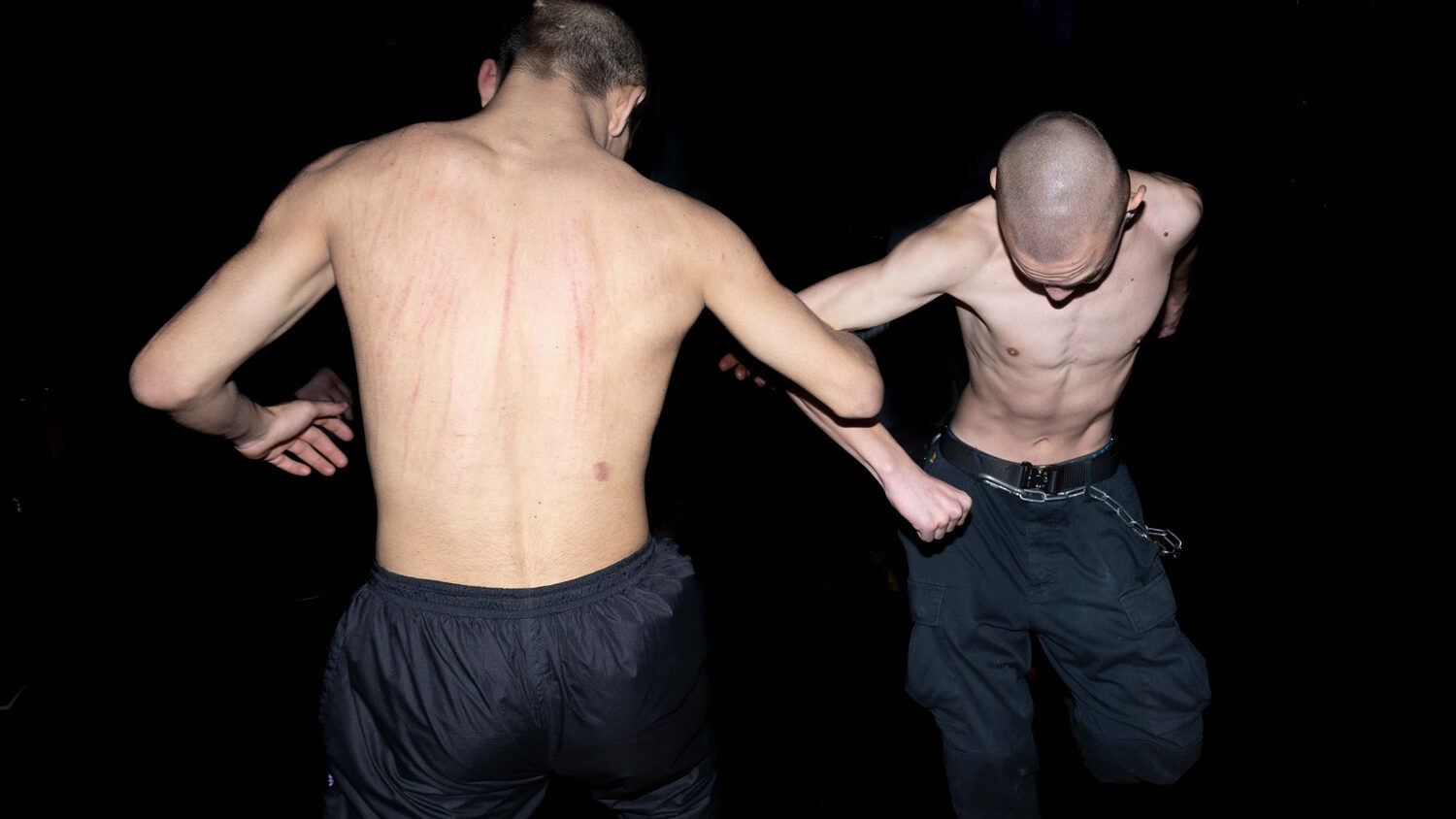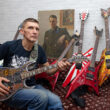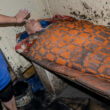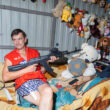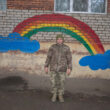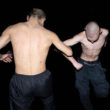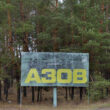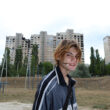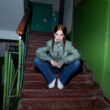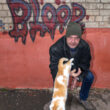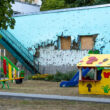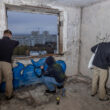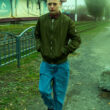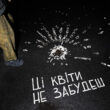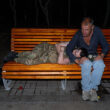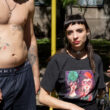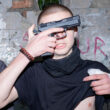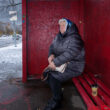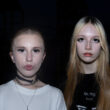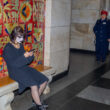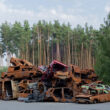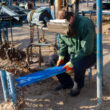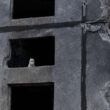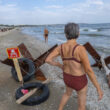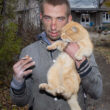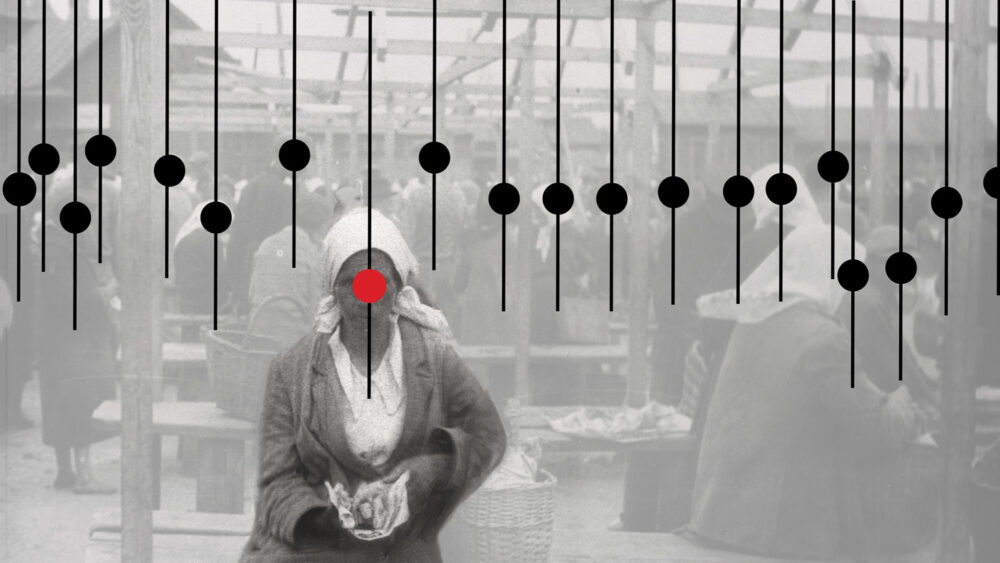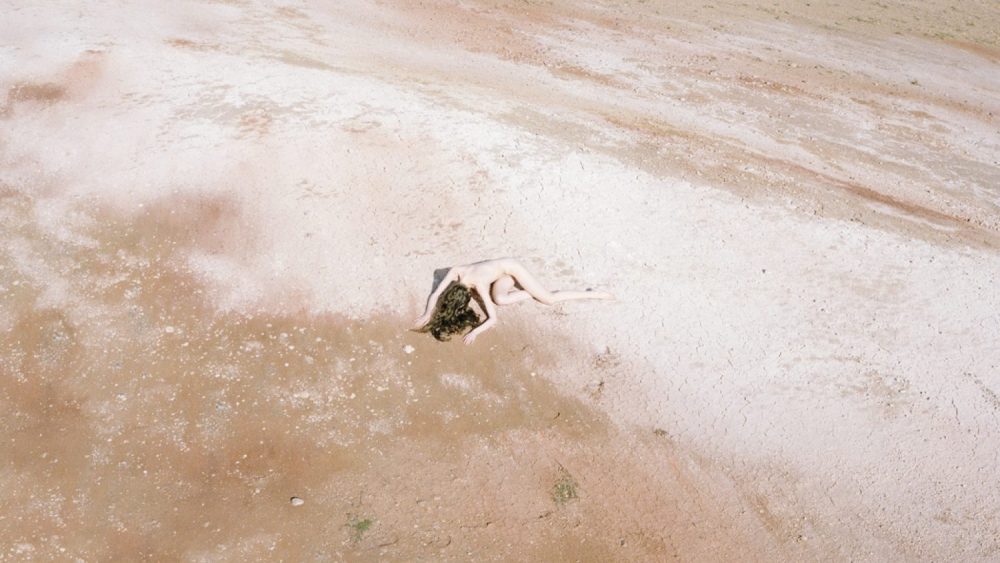Those who remain behind
As the war in Ukraine enters its third year and men are getting scarce. Many remain behind the front line, continuing to live and trying to maintain a semblance of normality.
Women waiting for their men. Youth upon whom looms the threat of conscription and who are living their teenage years with more frustration, anger, revolt, and sometimes hatred than before the war. Babushkas and dedushkas who are helping women taking care of the children. Those who don’t wear the uniform because their position in society is too important for the economy, as well as those who are simply unfit for combat.
For all of those who live further in-country, the attacker is everywhere; in the wounds on their bodies, in the shrapnel on the building facades, in the darkness imposed by power shortages or by the boards that replace broken windows, but also through the ghost of the Soviet rule that continues to haunt the collective identity.
It is on these people that I decided to focus my work in Ukraine—and to illustrate that life, nevertheless, uncannily continues in a country at war.
Nicolas Dykmans (1989) was born in Brussels, graduated in Literature from the University of Liege in 2017 and has been teaching ever since. He has been working as a photographer since 2022. He documents topics such as prison, religion, sex conventions, the European punk scene, Roma communities in Macedonia, etc.
